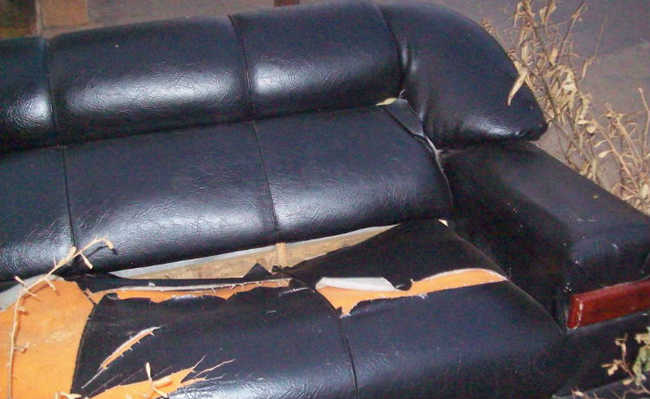Noise pollution: what it is and how to avoid it
Noise pollution is one of the major urban environmental problems and requires care

Unsplash image of @chairulfajar_
What is noise pollution?
Noise pollution is one of the biggest environmental problems that occur in large urban centers, being less frequent in more distant regions. It occurs when sound alters the normal listening condition in a certain environment. Although it does not accumulate in the environment like other types of pollution, it causes several damages to the body, the quality of life of people and fauna and, therefore, it is considered a worldwide public health problem.
Sound is the auditory sensation that our ears are able to detect, defined as the mechanical compression or mechanical wave that propagates through some medium. Sounds of any nature can become harmful to health when emitted in large volume, that is, high intensity.
The term "noise" in this context is unwanted noise, sound or noise pollution that can impair the perception of a signal or generate discomfort. Sound noise is the sound that impairs communication, consisting of a high number of acoustic vibrations with a very high amplitude and phase, increasing its sound pressure, which is quite harmful to living beings. The harmfulness of noise is related to this sound pressure, its direction, continuous exposure and individual susceptibility, in which each person has a sensitivity to intense sounds.
Effects of noise pollution
For the World Health Organization (WHO), noise pollution of 50 dB (decibels) already impairs communication and, from 55 dB onwards, it can cause stress and other negative effects. When reaching 75 dB, noise pollution presents a risk of hearing loss if the individual is exposed to it for periods of up to eight hours a day.
Some negative effects of noise pollution on human beings are:
- Stress;
- Depression;
- Insomnia;
- Aggressiveness;
- Loss of attention;
- Memory loss;
- Headache;
- Tiredness;
- Gastritis;
- Fall in income at work;
- Buzz;
- Temporary or permanent hearing loss;
- Deafness.
| The table below summarizes the effect types: | |
|---|---|
| sound level | Effects |
| ≥30 dB(A) | Psychic Reactions |
| ≥65 dB(A) | physiological reactions |
| ≥85 dB(A) | Hearing Trauma |
| ≥120 dB(A) | Irreversible damage to the auditory system |
In the ecosystem, noise pollution causes animals to move away, harms reproduction and can even be fatal. The noises drive away and even kill birds, reducing their local population and, as a consequence, unbalancing the ecosystem and causing an increase in the insect population in the absence of their predators.
The laws of several countries impose restrictions on sound intensity, whose noise peaks may depend on the time of day. Particular measures can be taken: limiting the extent of the sound volume caused during a public concert, for example. Or ban the use of noisy fireworks.
There is a vast diversity of sources of noise pollution, such as bars, nightclubs, airports, industries, automotive vehicles, appliances, work environments, among others. Below are some approximate examples of noise levels common in large urban centers, in decibels:
- Dripping faucet: 20 dB;
- Refrigerator: 30 dB;
- Normal human voice: 60dB;
- Office: 60 dB;
- Transit: 80 dB;
- Drill: 80 dB;
- Blender: 85 dB;
- Free fair: 90 dB;
- Hair dryer: 95 dB;
- Barks: 95 dB;
- Portable stereos at maximum volume: up to 115 dB;
- Works with jackhammers: 120 dB;
- Parties and nightclubs: 130 dB.

Unsplash image of Joline Torres
What to do?
Some tips for not suffering from the harmful effects of noise pollution are:
- Avoid places with a lot of noise;
- Wear hearing protectors in noisy workplaces;
- Listening to music on the portable device at a low volume and not using it for a long period of time;
- Avoid being near loudspeakers at concerts and nightclubs;
- Close car windows in noisy traffic places;
- Use quieter household equipment.

Cetteup image in Unsplash
If you live with this pollution on a daily basis, see your otolaryngologist. You will be able to perform a hearing exam in order to detect any hearing loss or abnormality and thus receive the most appropriate guidance for a possible treatment.










